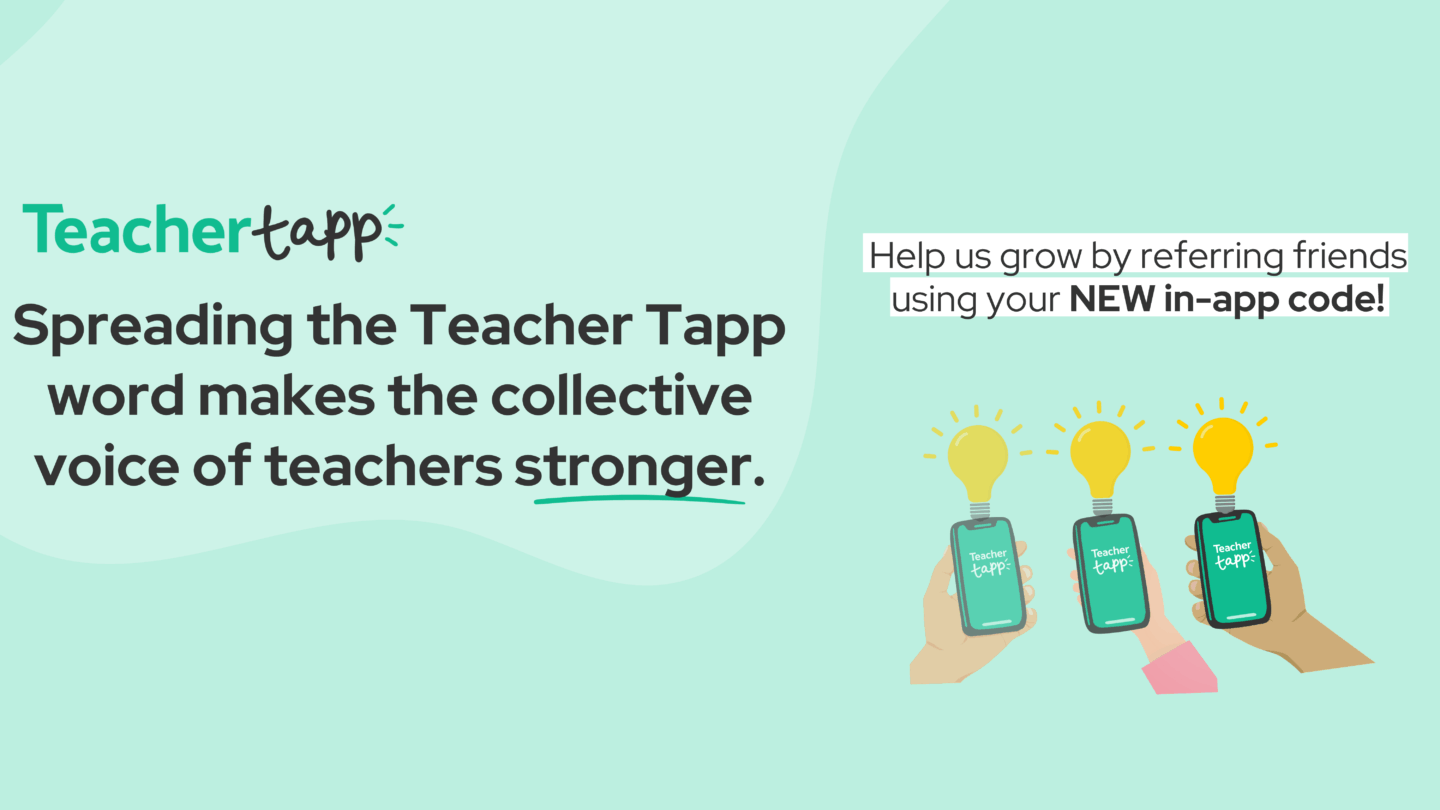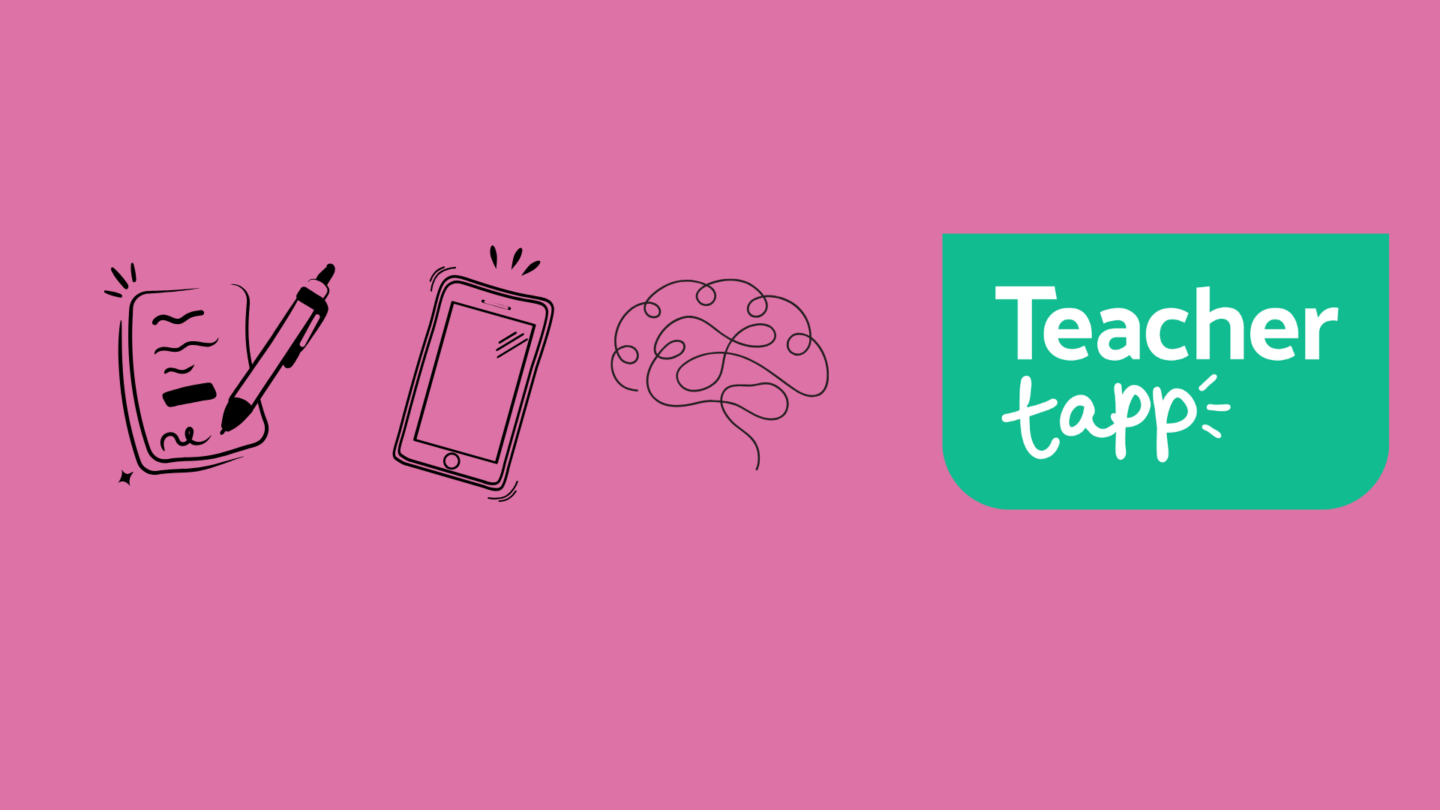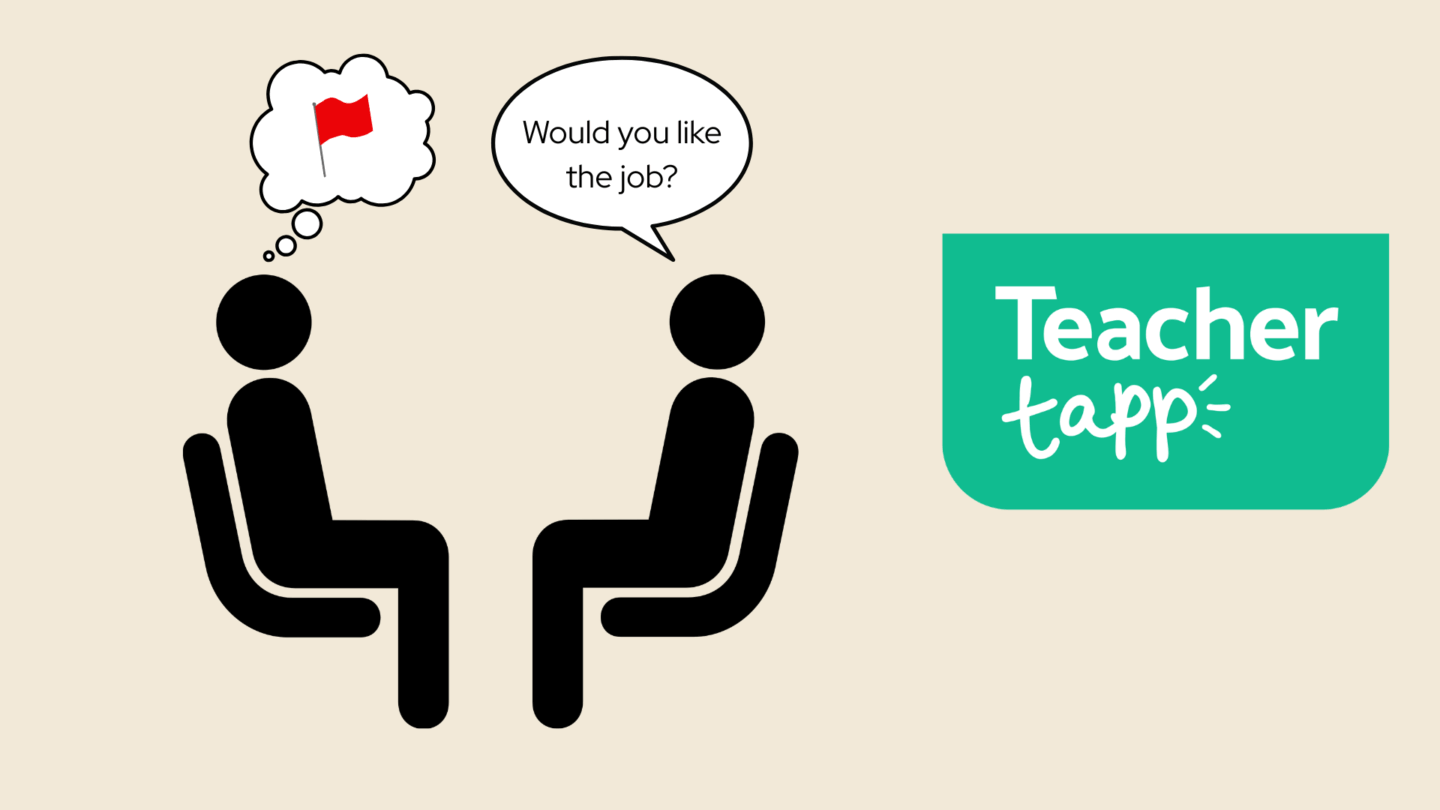Tappsters! We got more than 1,800 users last week.
The dash to 2,000 now continues! Here’s a 1-page black-and-white easy-print sheet to help. Stick it on Facebook, share on Twitter, or do as co-founder Laura’s dad did and print them out to hand to unsuspecting strangers at events you are attending. ?
Right, onto the findings!
1.Authoritarians versus Liberals
Last week we revealed the traditionalist/progressive divide in teaching after we asked people which camp they felt their teaching fell into.
A problem of asking people for their view, however, is that it might not always match their behaviour. One person’s traditionalist view might, to another person, seem progressive.
How could we calibrate the results?
Co-founder Becky hit upon a genius solution. Psychologists use a four-question survey to find out whether parents are more authoritarian or liberal in their child-rearing. Authoritarians tend to see the world as black and white. They favour hierarchy, loyalty, and strong leadership. Liberals meanwhile are driven by fairness and autonomy. (Authoritarians believe in these too, but they are balanced out by a belief that one should obey hierarchy).*
*(For more on this, here’s a great read on how authoritarianism can predict the likelihood of voting for Trump, and a review of Jonathan Haidt’s ‘Righteous Mind’ which really gets into the weeds of this trend).
Could it be that a divide in preferred ‘teaching styles’ between progressives and traditionalists actually comes down to a difference in broader moral attitudes?
The four questions required Teacher Tappers to pick which of a set of items was ‘most important’ when raising children. Their answers are below.
On good manners versus curiosity, teachers were 50:50. But by the final question, well-behaved versus considerate, the vast majority of teachers went for the ‘liberal’ option (considerate, in green).

Did the answers on these questions relate to how people identified as traditional versus progressive? Yes, they did!

We added together the scores for the four questions to give people a category from ‘very authoritarian’ to ‘very liberal’. And then we looked to see how it related to last week’s question. You can see that people who classified themselves as ‘very traditional’ were more likely to hold authoritarian values.
At the other end, people who classified themselves as ‘very progressive’ were much more likely to be very liberal in their child-rearing values.
Unusually, every group had some people who had identified their teaching style (trad/prog) totally opposite to the way you’d expect given how they rated on child-rearing values. This suggests that a small percentage of people (around 10% in total) either didn’t know what the terms trad/prog really meant, or they were clicking any old answer just to get to the end!
Next, we wondered, if views on authoritarian versus liberal child-rearing opinions can explain how people vote in the US election, can they explain support for education policies too?
Turns out, it can!
Recently we asked about the government’s EBacc policy (which prioritises certain ‘traditional’ subjects in school performance measure). As you can see below: its strongest support comes from authoritarians, and its biggest group of haters are liberals.

Not all government policy is authoritarian friendly, though! In his first speech as education secretary Damian Hinds described the importance of “soft skills” in school, and his vision of delivering them better.
This policy appealed much more to liberals than to authoritarians.

Hearing Hinds talk about “soft skills” might therefore feel disorientating given the schools minister Nick Gibb is so against teaching them, it’s nevertheless a smart political strategy to try and appeal to both sides of this divide. As we found last week, traditionalists and progressives don’t easily split into political camps. Politicians wanting to appeal as broadly as possible may wish to offer something to both groups in order to win them over.
Over here at Teacher Tapp, we need to have a think about what this divide means for the way we represent views. A benefit of our surveys is that they provide a ‘teacher voice’ to policy announcements. A minister says something one day and boom, 24 hours later we can see if what they are saying is supported by the profession. But we are aware teachers are not homogenous. These results show how teachers are complex, with cross-cutting views and dividing lines.
Also, stereotypes we’ve heard bandied about with regards to who is more authoritarian/liberal turn out not to be true. The standard view is that women are more liberal, and that primary schools are more liberal (potentially because they have more women teaching in them).
Actually, gender and phase seemed to make very little difference!


From a school perspective, it may therefore be worth taking a minute to ponder if your school has a predominant style: authoritarian versus liberal. (Use the four questions to help you, from the first graph).
The consider: what does this mean for staff recruitment? Do you seek all like-minded people, or a more diverse set? And what does this mean for your interaction with parents? Do they hold a similar or different set of values to yours?
2. Teaching Assistant or an Admin Person?
Teaching assistants are in the news again, with TES revealing a continued increase in their number.
Our figures suggested a slightly different picture, with 56% of teachers saying their school had fewer assistants this year than last year.
This could be because there’s a lag on official figures (they are usually around 18 months to 2-years out of date), or it could be poor record-keeping (very possible), or it could be that survey users aren’t aware of the full extent of teaching assistants in their school.
Either way, what we know for sure is that the picture is very different between primary and secondary teachers. Most secondary teachers don’t see a teaching assistant during their day. Primary teachers do.

This difference between phases really matters for policy decisions. For example, let’s imagine you are a politician and you see the following (genuine) Teacher Tapp result. What would you think?

If feeling stuck for cash you might decide that while 30% of teachers are wedded to their teaching assistants, another 41% would prefer a data-admin person. Hence, cash should be moved from one into the other.
Yet if we look at this data in combination with who actually uses teaching assistants, we can see that a lot of people who have teaching assistants in their class really value them. Over 70% who had a TA in their class, said they would not switch them for an admin person. Teachers who did not experience a TA were much less supportive. In their case, over 50% said they would switch to a data-admin person.

We’ve found this trend before with teaching assistants. Back in September we found that 74% of secondary teachers would prefer a 20% pay increase instead of their own full-time teaching assistant. In primary, the figures were the reverse.
Given this, the increase in TAs at primary school is not really an issue. It is what teachers prefer. Likewise, the drop in secondary schools is also unsurprising. Of course, the million-pound question is whether any of it affects outcomes. Any guesses on that one? (*goes to crunch more numbers*)
Getting a handle on how teachers move jobs is a major aim of Teacher Tapp. Bizarrely little is known about the way teachers move around the system which leaves the profession flummoxed during shortages (as we have now) because there’s not good evidence about how to shift incentives.
This week we asked a simple question about the ease of finding a similar job, and then we compared people in different Ofsted-graded schools. The numbers in inadequate/unsatisfactory schools are small, so we are sometimes wary on numbers, but it seems remarkable that teachers in both RI and unsatisfactory schools are more fatalistic about their jobs and more likely to say they probably wouldn’t find a similar role at another school.

We also looked at reasons why people say they are actively looking to move school. The most common are promotion, unhappiness or wanting a broader experience.

But the popularity differs based on Ofsted grade of a teacher’s current school.

- Teachers who want to leave in outstanding schools are more likely to want to leave teaching altogether or want to broaden their experience.
- Teachers in good schools are most likely to wish to relocate for non-teaching reasons or want promotion.
- Teachers wanting to leave RI/inadequate schools are most likely to be going because they are unhappy at the current school or they want promotion.
Leaders in different contexts may wish to take this into account. If you’re in charge of an outstanding school and a teacher is getting bored, can you lend them to a challenging school or get them delivering training? If a staff member is looking for promotion, can you find them a suitable role?
As for that issue of relocation, it’s worth reading about the problem of ‘trailing spouses‘ – does this affect your school?
4. Doing things for the looks?
A number of teachers asked via social media for us to examine the extent to which schools are driven by how things look to observers rather than their intrinsic importance for student outcomes.
We’ve delved into this with regard to marking but wanted a more generic steer. Here’s what we found:

60% of teachers agreed that some aspects of teaching are done purely for observers, with 22% strongly agreeing.
What sort of things? We’ve more to do on this, but one hint was that ‘progress meetings’ were not particularly useful. Actually, we found most teachers involved in progress meetings did find them useful, if time-consuming. Only 23% said they would prefer to use the time for other things.

As with the marking, we therefore find an activity that is said to be adding to ‘workload’ is nevertheless valued by teachers. Any suggestions for what might be taking up time, which is done for show, and NOT valued by teachers?
5. ? Computer says no
Next time you feel the world is conspiring against you because the whiteboard fails during an observation, just remember: you’re unlikely to feel alone in your frustrations.

6. Finally, as ever, we learned that you really love our daily tips, so here are the links for last week:
Behaviour tips for new teachers
Using words and pictures to aid with memory
The secrets of learning a language
Situational constraints on teacher quality
*
Right folks – over and out for another week…
In the meantime, please keep sharing what we are doing.
Here’s the powerpoint slide (with script), a PDF, and a black-and-white one-pager to help out with that.
Try not to have technology nightmares!
https://giphy.com/gifs/computer-9gpq5ElVB0hu8
**
Enjoyed this post and want to join our Teacher Tapp panel?
Sign up via the iPhone App Store or the Android App Store.
You can also check out more at www.teachertapp.com






